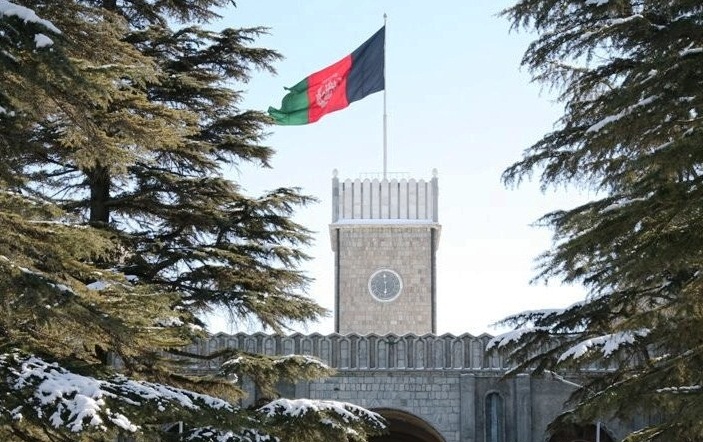Since the death reports of Mullah Omar hogged headlines, the Taliban movement has been plagued by turf war and blame game. Mullah Akhtar Mansoor, the self-claimed successor of Mullah Omar, has become the most controversial figurehead as he is not only dubbed as the errand boy of Pakistan’s intelligence agency, ISI rather he has also been accused of garnering support by dividing the Taliban leaders besides killing his colleagues, misusing the group’s funds and resources.
The reports of Mullah Omar’s death dealt a blow to the Pakistan-brokered peace talks yet at the same time it fissured ruptures among the Taliban leaders. Mullah Akhtar is failing to unite the Taliban. The pro-Mullah Abdul Manan (the brother of Mullah Omar), Taliban says that Mullah Mansour must be ousted. Mullah Mansour has dispatched his envoy to Doha office in Qatar to help him clinch allegiance. Mullah Jalil, who was reported to be the envoy, visited Qatar for this purpose. But what is interesting is conflicting reports are coming out as Mullah Jalil has been his opponent therefore how he could be Mullah Masnsour’s envoy.
When the Taliban leaders have locked their horns what the Afghan government has been doing. What is irksome is why Kabul cannot send its peace envoys to Doha.
Given the current situation, talks with Qatar-based Taliban, look more genuine and promising than negotiating with those sitting in Pakistan because they are very much under the thumb of Islamabad. In Doha they don’t face any pressure from the Qatar government, but in Pakistan, they cannot speak freely with the peace delegation of Afghan government. Though, apparently Kabul has worn a furious look as if it wouldn’t participate in the Pakistan-brokered peace talks but given that Islamabad kicks off the peace negotiations once again, Kabul taciturnly feels it must participate. And this is where a number of people are concerned.
Instead of looking forward to Islamabad, Kabul must turn its face towards Doha office. If Kabul declares that only those Taliban who represent Doha office are the genuine people to talk to, Mullah Akhtar Mansour will become a persona non grata within no time. Tayyab Agha, a former Taliban’s Qatar office spokesman, Mullah Mutasim, a moderate Taliban leader and once an aide to the late Mullah Omar, Mullah Niazi, an opponent to Mullah Akhtar, and Mullah Omar’s son have teamed up against the new leader.
The government of Afghanistan must strike this opportunity. Now is the time to fracture the Taliban movement (Pakistan-based), now is the time to talk to the Taliban (Qatar-based) and now is the time to end the dependence on Pakistan. Kabul will only know that keys to peace lies in its own hand rather than in the hands of anyone else when it ceases looking at Islamabad for its role in peace negotiation.
When the government succeeds in peace talks with the disgruntled Taliban leaders, who cannot tolerate Mullah Mansour as Mullah Omar’s successor, Pakistan would lose its clout on the Taliban and its leverage on Kabul for its role in peace. Actually Kabul has got a situational advantage but unfortunately it doesn’t know how to avail this opportunity. From the apparent lull, this is highly probable that the High Peace Council (HPC) has not contacted the Taliban’s Qatar Office since the Pakistan-brokered talks were scuttled. If this national peace body, which is supposed to be talking to the Taliban and having contacts with them, is so unconcerned then how we can expect for any major breakthrough?
 Afghanistan Times
Afghanistan Times


